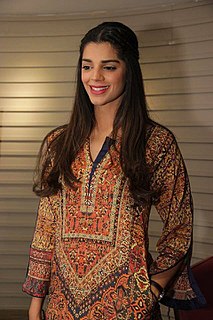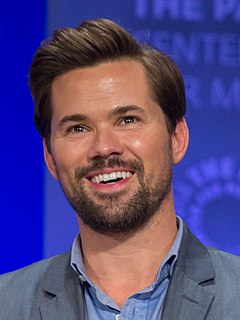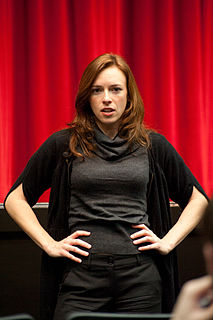A Quote by Ira Sachs
Everything encourages you not to tell stories of gay lives. There is no economy yet for that kind of cinema.
Quote Topics
Related Quotes
What does it matter, if we tell the same old stories? ...Stories tell us who we are. What we’re capable of. When we go out looking for stories we are, I think, in many ways going in search of ourselves, trying to find understanding of our lives, and the people around us. Stories, and language tell us what’s important.
There's a lot of great writing, and characters, and stories being told in television nowadays. And much more than there used to be. The opportunities to tell stories, because of the opportunities to show content. And so it's drawing actors from cinema, movie actors, actors to where there's a lot of opportunities to where you can tell stories.
People define gay cinema solely by content: if there are gay characters in it, it’s a gay film... Heterosexuality to me is a structure as much as it is a content. It is an imposed structure that goes along with the patriarchal, dominant structure that constrains and defines society. If homosexuality is the opposite or the counter-sexual activity to that, then what kind of a structure would it be?
Humans are kind of story-propagating creatures. If you think of how we spend our days, think of all the time you spend on entertainment. How much of your entertainment centers around stories? Most pieces of music tell stories. Even hanging out with your friends, you talk, you tell stories to each other. They're all stories. We live in stories.
We read novels because we need stories; we crave them; we can’t live without telling them and hearing them. Stories are how we make sense of our lives and of the world. When we’re distressed and go to therapy, our therapist’s job is to help us tell our story. Life doesn’t come with plots; it’s messy and chaotic; life is one damn, inexplicable thing after another. And we can’t have that. We insist on meaning. And so we tell stories so that our lives make sense.
The very act of story-telling, of arranging memory and invention according to the structure of the narrative, is by definition holy. We tell stories because we can't help it. We tell stories because we love to entertain and hope to edify. We tell stories because they fill the silence death imposes. We tell stories because they save us.
Some stories, she’d say, the more you tell them, the faster you use them up. Those kind, the drama burns off, and every version, they sound more silly and flat. The other kind of story, it uses you up. The more you tell it, the stronger it gets. Those kind of stories only remind you how stupid you were. Are. Will always be.






































